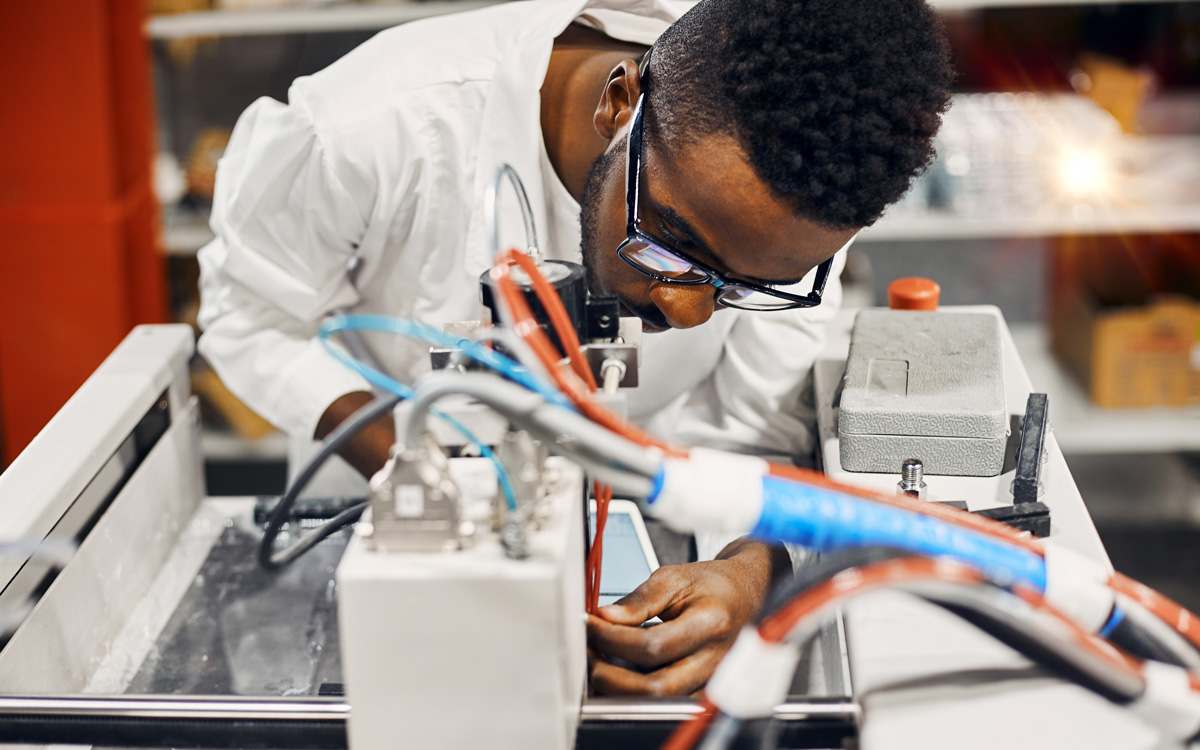As you settle into your classes and campus life, it’s time to start thinking about who you are. What skills do you bring to your education? What skills do you want to develop? You’ll need to start discovering the workplace skills that employers seek.

The CLIMB model is designed to help engineering students navigate the complicated career journey.
Learn moreGetting started
- Understand your unique strengths and how they can help you in school and in your future career.
- Identify which skills you already have and find areas where you can improve.
- Figure out how you can develop your strengths and skills through your classes and extracurricular activities.
Note: The getting started suggestions are not meant to be completed in any order. They are simply starting points to enable students to take action.
Brand
What sets you apart? Do people understand what you do and the value it brings? What do you want people to say about you?
Start building your personal brand by first considering why you're getting your degree. Consider what motivates you, your priorities and what you want to learn.
A “brand statement” is a great way to introduce yourself and bring focus to any career conversation.
Developing your brand statement
MAJOR + FOCUS AREA
Examples:
- “I’m a first-year engineering student hoping to develop sustainable energy systems.”
- “I’m an industrial engineering student focused on developing efficient transportation solutions.”
- “I’m a mechanical engineering student concentrating in mechatronics.”
Skill analysis & inventory
Understand your strengths. What are you good at? What are your strengths? These strengths include technical skills and soft skills.

Technical skills
The engineering competencies acquired through coursework. These encompass knowledge of:
- Software platforms
- Coding languages
- Engineering principles
They also include practical tasks you may perform at work such as design, develop, analyze, test, etc.

Soft skills
The personal attributes that enable you to interact with others on the job. Soft skills include teamwork, communication, problem solving, adaptability, etc.
As mentioned in our Connect section, assessments are a good way to help you discover your skills. CC@E can help you interpret the results to understand how they may relate to an engineering career.
Complete an assessmentPro tip: Look at job descriptions to see what skills (technical and soft) employers seek.
Skill development
Now that you’ve started identifying your strengths, how can you improve them? When recruiters review your resume, they’re looking for situations where you’ve enhanced your skills.
While class projects are helpful for developing what you are learning; the most effective way to nurture your skills is to find opportunities beyond the classroom.
Make an appointment with the CC@E team and we can help you start identifying your skills.
Keep CLIMBing
Now that you’re understanding your unique strengths and skills, explore the next step in your CLIMB.